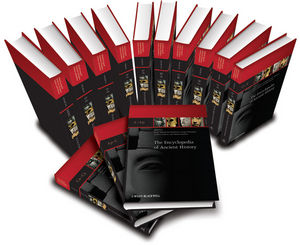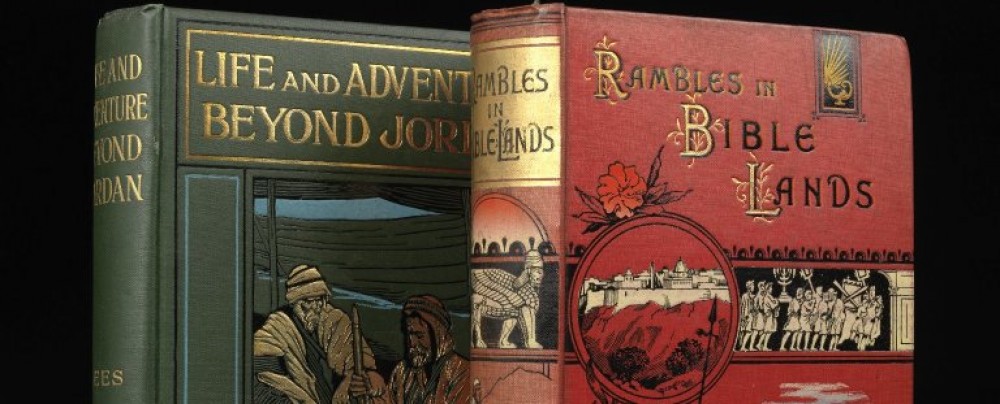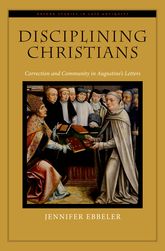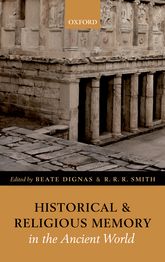 The Longforgan Free Church Ministers Library is a collection of handsomely bound volumes, particularly rich in patristic and theological texts. The rare books in the collection include Knox’s Liturgy (1611), the Babylonian Talmud and Athanasii opera (1600). Each volume is embossed in gold with the distinctive stamp of the Longforgan Library. It is kept in its own custom made glazed shelving, now housed at the entrance to New College Library and in the David Welsh Reading Room.
The Longforgan Free Church Ministers Library is a collection of handsomely bound volumes, particularly rich in patristic and theological texts. The rare books in the collection include Knox’s Liturgy (1611), the Babylonian Talmud and Athanasii opera (1600). Each volume is embossed in gold with the distinctive stamp of the Longforgan Library. It is kept in its own custom made glazed shelving, now housed at the entrance to New College Library and in the David Welsh Reading Room.
The Longforgan Library was originally gifted to the Free Church at Longforgan, Dundee by Mr David Watson, son of the Rev Dr Charles Watson, who was the owner of Bullionfield Paperworks at Invergowrie. The original deed of gift records that the books were given along with the bookcases and £100 invested in stocks and shares for the library’s upkeep(1). The library that was formally handed over to the Deacons Court at Longforgan Free Church (who acted as trustees) had its own printed catalogue in a bound volume, still in use at New College Library today. 
The next chapter in its history came in 1962 when ownership of the Longforgan Free Church Minister’s Library was transferred to New College Library. The move had been set in motion by the Revd James Torrance (who had been minister at Longforgan) and Professor T.F. Torrance (who was then curator of New College Library) (2).
Last week we welcomed descendants of David Watson at New College Library, who shared details of the Longforgan Library’s original donor, and who were able to see David Watson’s lasting legacy here. The Longforgan Library is due to be catalogued online as part of the Funk Cataloguing Projects 2012-14.
(1) Gould, Four Churches of Invergowrie. Dundee : 1997, p. 79
(2) Howard, John. In : Disruption to Diversity. Edinburgh : 1996, p. 193.
 The Encyclopedia of Ancient History Online (Wiley Blackwell) is now available to University of Edinburgh users – find it on the library catalogue. If access isn’t clear, try clicking on Institutional Login and entering University of Edinburgh.
The Encyclopedia of Ancient History Online (Wiley Blackwell) is now available to University of Edinburgh users – find it on the library catalogue. If access isn’t clear, try clicking on Institutional Login and entering University of Edinburgh.







